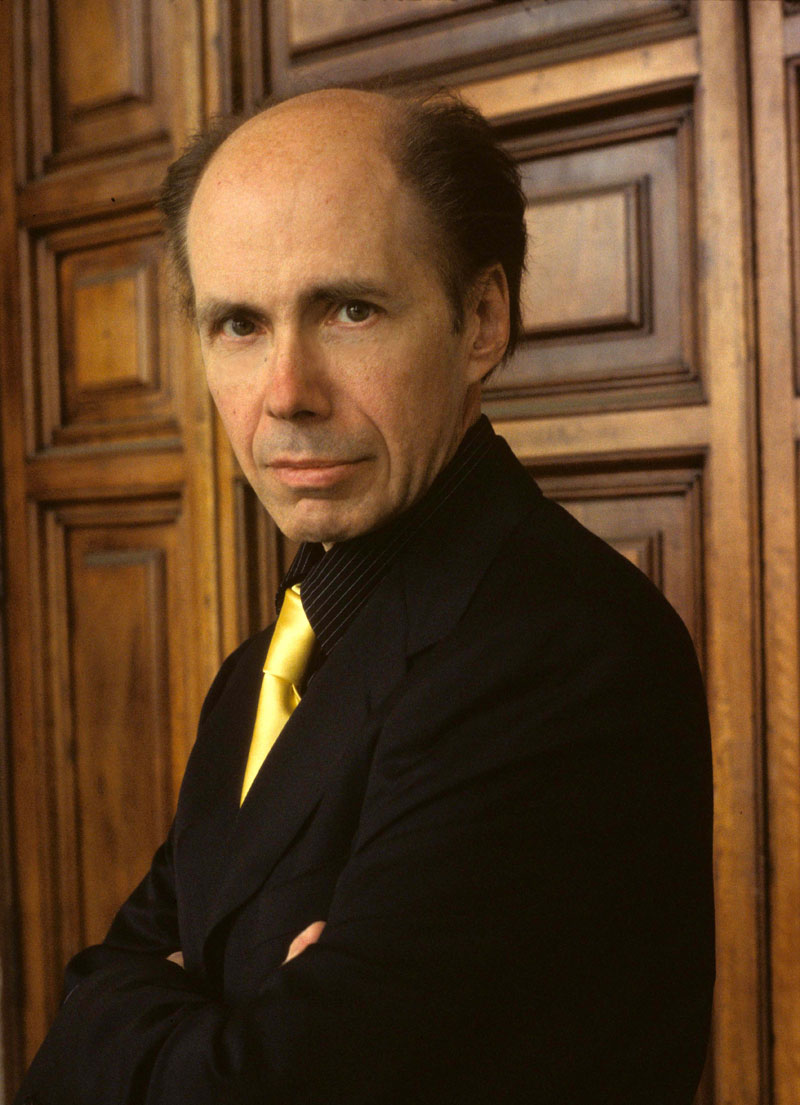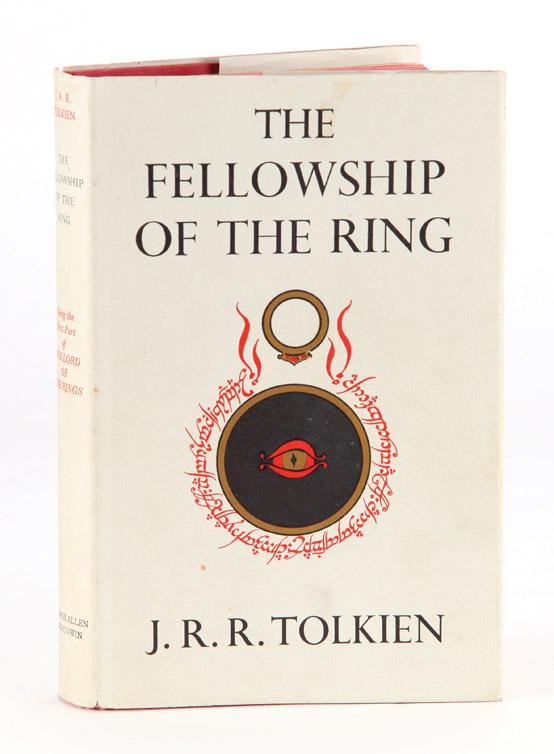 A "masterwork of structure"
A "masterwork of structure"
There are so many important writers I've been inspired by. But the writer who has influenced me the most isn't a mystery or thriller writer, it's J.R.R. Tolkien.
This may seem a bit odd, since I don't write fantasy fiction, but let me explain: First, there's the subjective—that is, emotional—element of being utterly captivated by a work of creativity at a point in one's life when you're on the brink of personal development and exploration. I read Lord of the Rings in middle and high school and literally lost myself in the complex layers of mythology that Tolkien created. It was one of those works of art that kick-started my desire to write. (Robert Frost, Dashiell Hammett, Ian Fleming and Conan Doyle were others—okay, I guess I cheated there, working a few more writers into these comments). But I loved Lord of the Rings best.
Moving on to the second and more significant aspect of the book and how it influenced me, I have to point to Tolkien's craft at storytelling. And of this, I recognize two very valuable lessons he taught me:
1. He continually raises in the reader's mind the question: What is going to happen? And these questions arise both in the short term (what's going to happen on the next page?) and what will the ultimate and overarchingly vital resolution be at the conclusion of the story?
 2. The Lord of the Rings is a masterwork of structure. Tolkien put into my head the idea that a successful novel should follow the symphonic form of the Romantic-era composition: arresting overture, alternating movements of various tempos, resonating themes and variations thereon, point and counterpoint, movement toward a climactic crescendo, a concluding coda—a quiet reflection on what's happened. In writing novels, this translates into working multiple plot lines together (cross-cutting between scenes, a film director would say), pacing the story for most emotional impact, choreographing action scenes imaginatively, developing characters (both good and bad) with depth, and enriching the story with detail while avoiding digressions.
2. The Lord of the Rings is a masterwork of structure. Tolkien put into my head the idea that a successful novel should follow the symphonic form of the Romantic-era composition: arresting overture, alternating movements of various tempos, resonating themes and variations thereon, point and counterpoint, movement toward a climactic crescendo, a concluding coda—a quiet reflection on what's happened. In writing novels, this translates into working multiple plot lines together (cross-cutting between scenes, a film director would say), pacing the story for most emotional impact, choreographing action scenes imaginatively, developing characters (both good and bad) with depth, and enriching the story with detail while avoiding digressions.
Many novels contain clever or even brilliant set pieces, but the stories meander; there's no sense of a unified purpose. Tolkien taught that an author has to have a complete vision of his story, from page one to the final sentence, and carry the reader along with him, utterly engaged, with not a single word squandered in between.
This "Writers on Reading" essay was originally published in "At the Scene" eNews June 2012 as a first-look exclusive to our enewsletter subscribers. For more special content available first to our enewsletter subscribers, sign up here.


